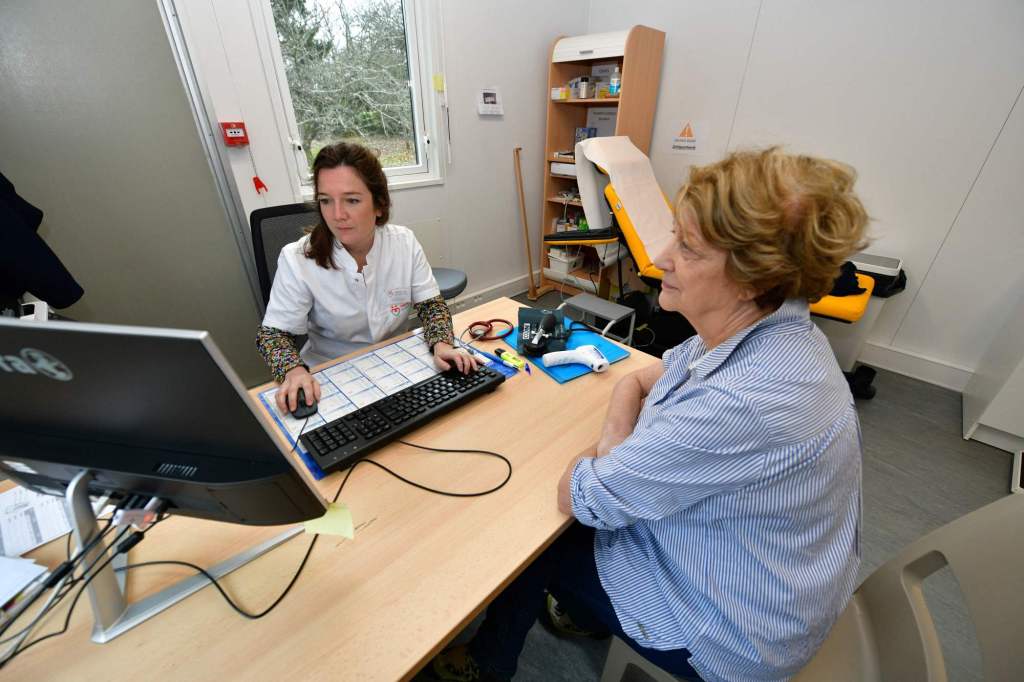By John Rossheim | NerdWallet
Why spend the time and expense to get a second opinion if your doctor recommends surgery or they diagnose a serious disease? After all, you’ve been examined, tested and evaluated by an expert with many years of training.
But the harsh reality is that misdiagnosis happens a lot — and sometimes with the gravest consequences. Each year, approximately 371,000 people in the U.S. die because of diagnostic error, according to a July 2023 study in the medical journal BMJ Quality & Safety.
A medical second opinion can increase the chances that you get the correct treatment from the start, saving money, distress and maybe your life.
“Second opinions are probably the single fastest way to address diagnostic errors today,” says Dr. David Newman-Toker, director of Johns Hopkins Medicine’s Center for Diagnostic Excellence.
Seeing the right specialist or subspecialist can make all the difference. “We know [from research] that if a patient with sarcoma is seen at a sarcoma center, their survival is longer,” says Kristen Ganjoo, a medical oncologist who teaches at Stanford University’s School of Medicine.
What is a second opinion, and why is it valuable to you?
Second opinions — whether to review a surgery recommendation or a cancer diagnosis — typically require a step-by-step reexamination of a patient’s case.
The first step is to review the existing diagnosis, according to Ganjoo. For example, patients may need a pathology review at an institution that has experts in sarcomas, she says. “We have a hundred different types of sarcoma, and they’re all treated differently. If a pathologist is not familiar with sarcomas, they may make a mistake in diagnosing patients.”
Next, Ganjoo determines whether the patient needs more tests, such as a scan or an assessment of a tissue sample for genetic mutations.
Finally, she reviews the treatment plan and makes any necessary changes to it, based on all test results and her…
Read the full article here







